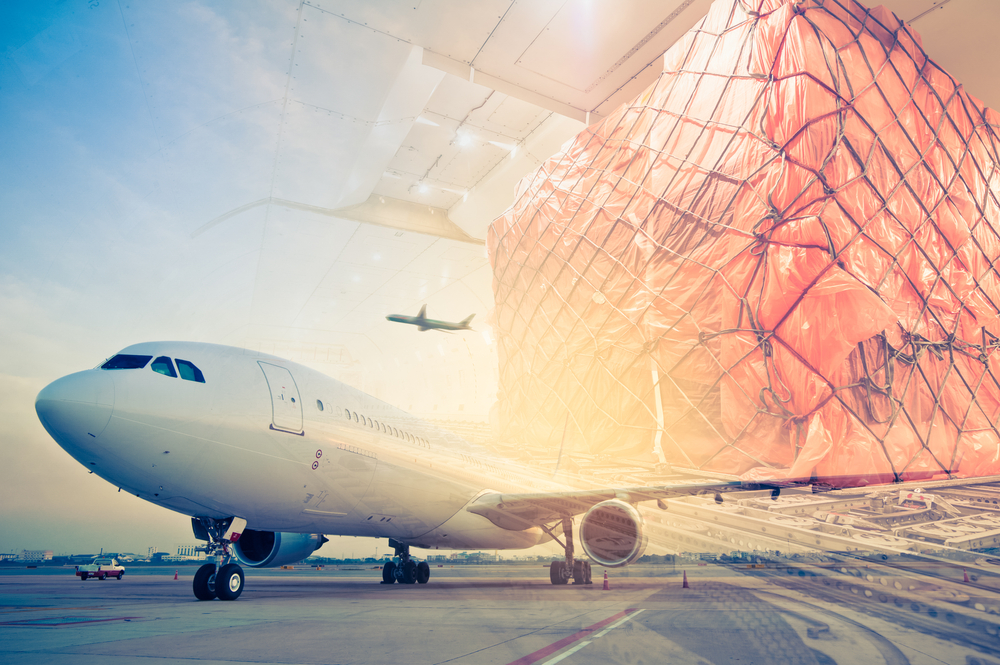
The International Air Transport Association (IATA) renewed its call for governments to coordinate their approaches to keep air cargo flowing.
The group, which represents more than 290 airlines, said delays in permit approvals, quarantine measure for air cargo crews, and a deficiency in support on the ground are keeping air cargo flights carrying vital medical supplies and other necessities from moving.
“Airlines are providing as much capacity as they can. Governments need to step up and ensure that vital supply lines remain open and efficient and that there is adequate infrastructure and support available in the air and on the ground,” said Glyn Hughes, IATA’s Global Head of Air Cargo.
While some governments and international regulatory bodies are working to keep air cargo moving, there’s more to be done, IATA said.
IATA said governments needed to work together to keep air cargo moving by:
• Cutting paperwork for charter operations,
• Exempting cargo crews from quarantine rules that apply to the general population,
• Ensuring adequate staff and facilities to process cargo efficiently,
• Recognizing agreed on global standards in things like health certificates and licenses,
• And ensuring alternate airports are available even if passenger flights are not operating.
“To keep cargo flights operating safely, airlines need access to alternate airports along all routes. These alternate airports are where aircraft can land in the event of an emergency during flight. Because of the sharp drop in passenger flights, some airports that serve the critical alternate airport function are closed or not available at all times. A coordinated effort by governments to keep alternate airports operational is needed. If not, the global air cargo network cannot function and vital shipments are at risk,” said Hughes.